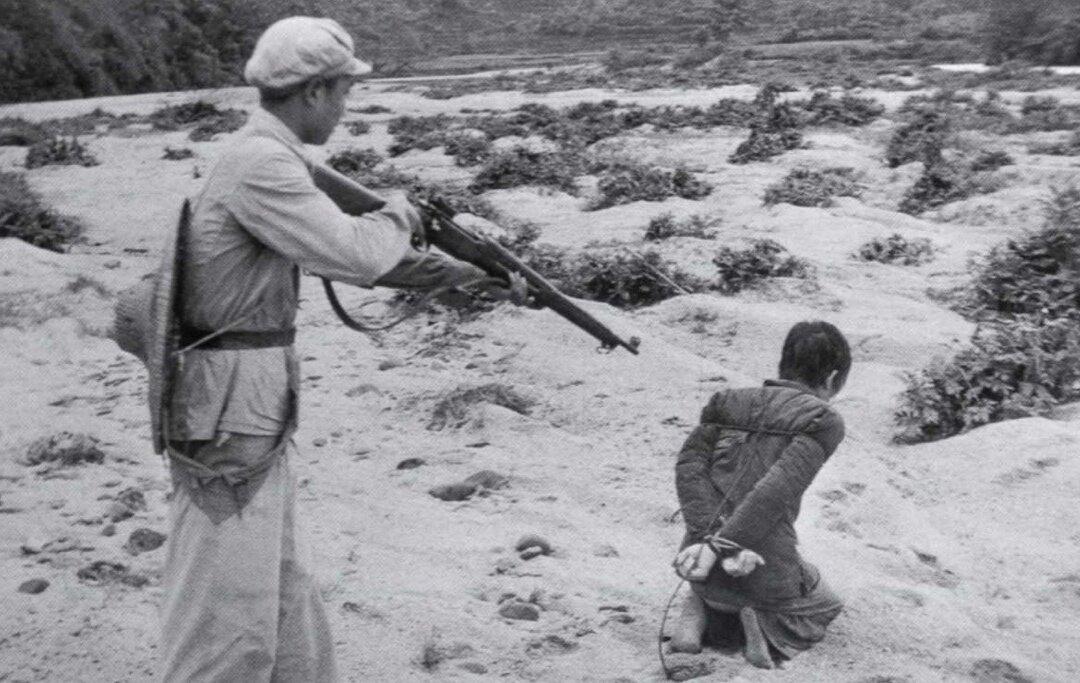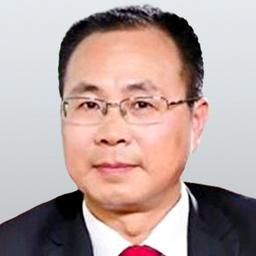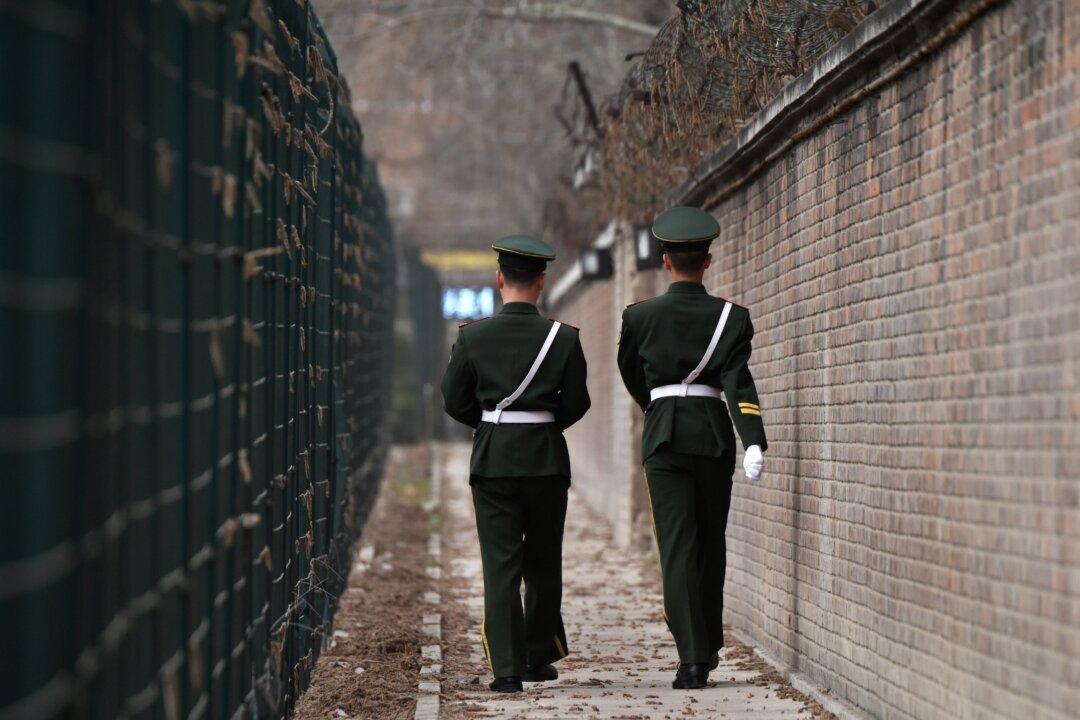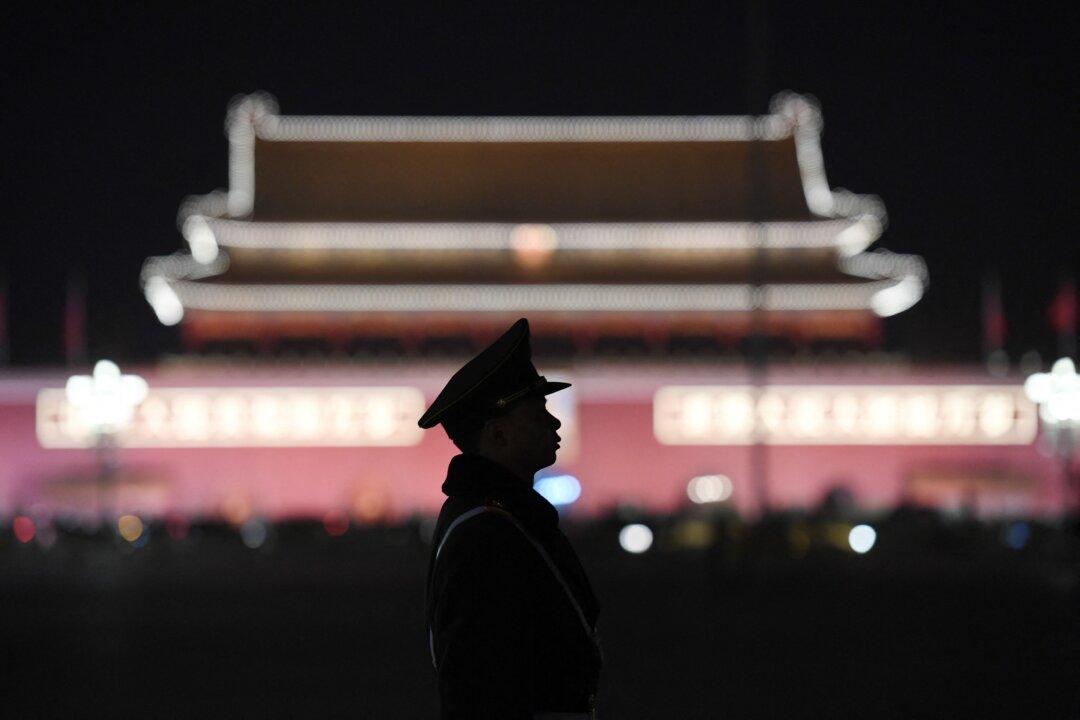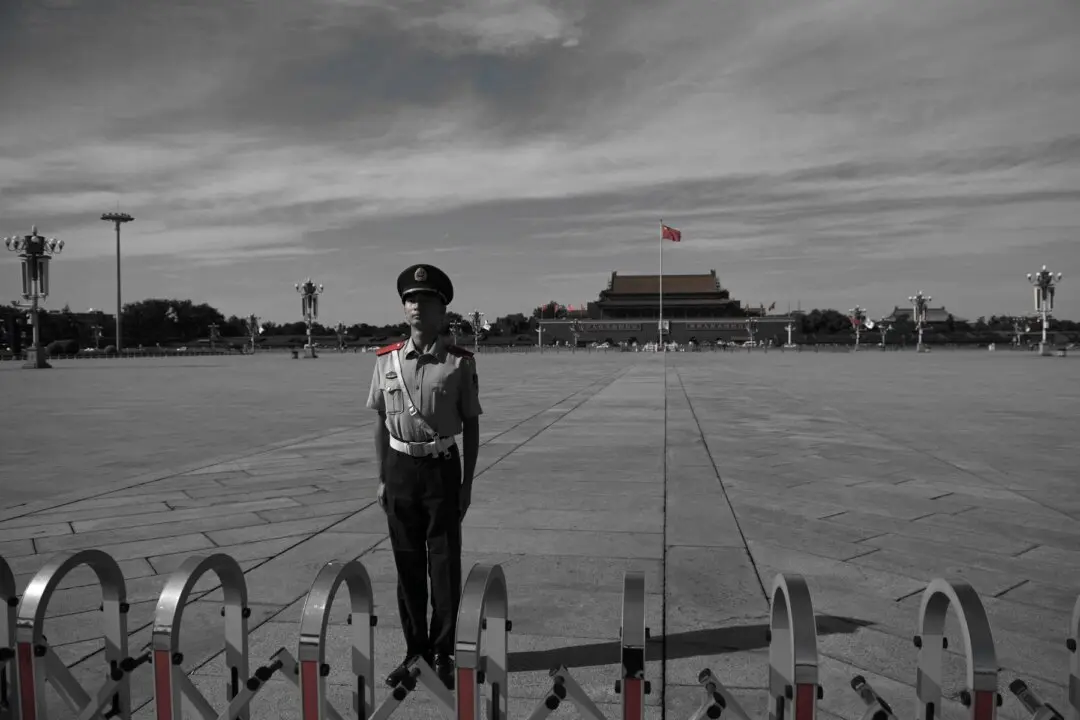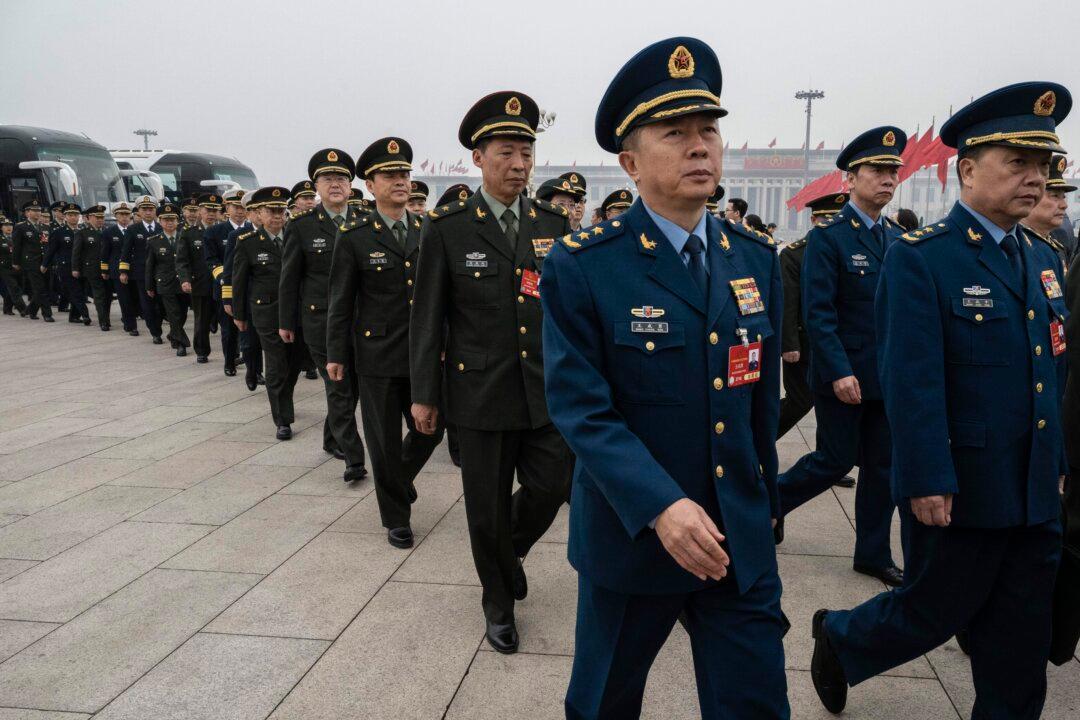Commentary
On July 23, 1921, under the control of the Communist International (Comintern), the Chinese Communist Party (CCP) held its first national congress meeting in Shanghai. It was a time when China suffered from regional warlords and the government fought the CCP’s red terrors.
